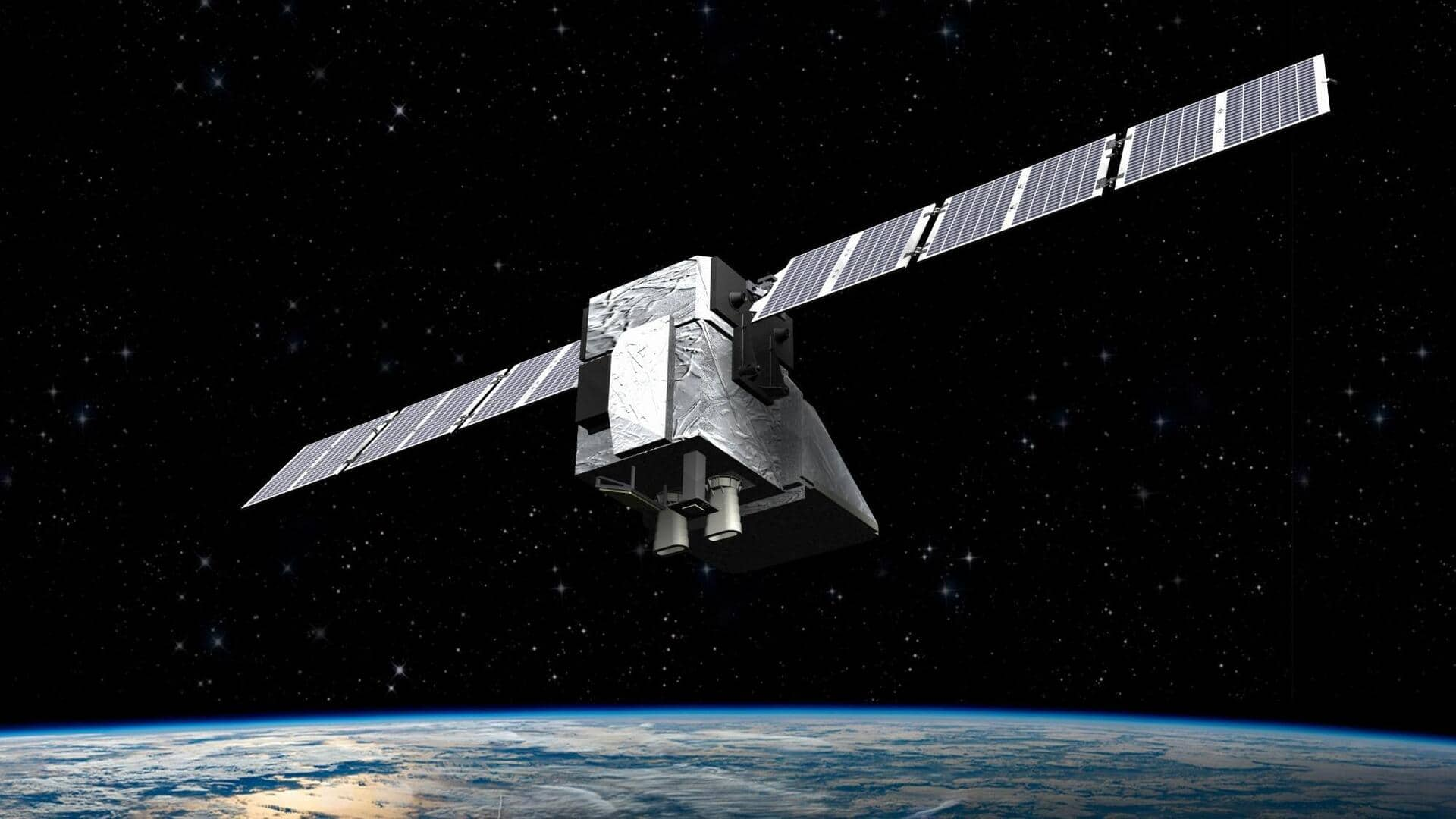
Bezos-funded satellite gets lost in space: What went wrong?
What's the story
A satellite funded by Amazon founder Jeff Bezos has been declared lost in space while on a crucial climate change mission. The MethaneSAT space probe, which was made to measure greenhouse gas emissions, was also funded by the New Zealand government and the US-based Environmental Defense Fund (EDF). The satellite recently stopped responding to its Earth-bound controllers due to technical issues.
Reaction
Disappointment expressed by officials
Andrew Johnson, a senior official at the New Zealand Space Agency, expressed disappointment over the development. He further added that space exploration is inherently challenging and every attempt—successful or not—expands our understanding and capabilities. The EDF, which led the project, called it "difficult news" but assured that their methane-tracking efforts would continue despite this setback.
Mission details
Satellite designed to track methane emissions
MethaneSAT was specifically designed to track emissions of methane, a potent greenhouse gas that contributes to climate change by trapping heat in the Earth's atmosphere. The satellite was instrumental in providing accurate estimates of methane emissions from oil and gas projects worldwide. Project lead Steven Hamburg revealed on LinkedIn that initial data collected by MethaneSAT was "remarkable."
Findings
Measurements showed higher emissions than estimated
Hamburg noted that recent measurements in the Permian Basin of Texas and New Mexico showed emissions 3-5 times higher than those estimated by the US Environmental Protection Agency. In the South Caspian region, emissions were more than 10 times higher than reported. MethaneSAT was launched into space in March 2024 aboard a SpaceX rocket from California.
Issues faced
Total power loss confirmed on Monday
The MethaneSAT team announced that they first lost contact with the satellite on June 20. They confirmed a total power loss on Monday and said it was "likely not recoverable." The engineering team is now investigating the cause of this communication loss, which could take some time. Despite its early demise, MethaneSAT's mission was hailed as a "remarkable success in terms of scientific and technological accomplishment."